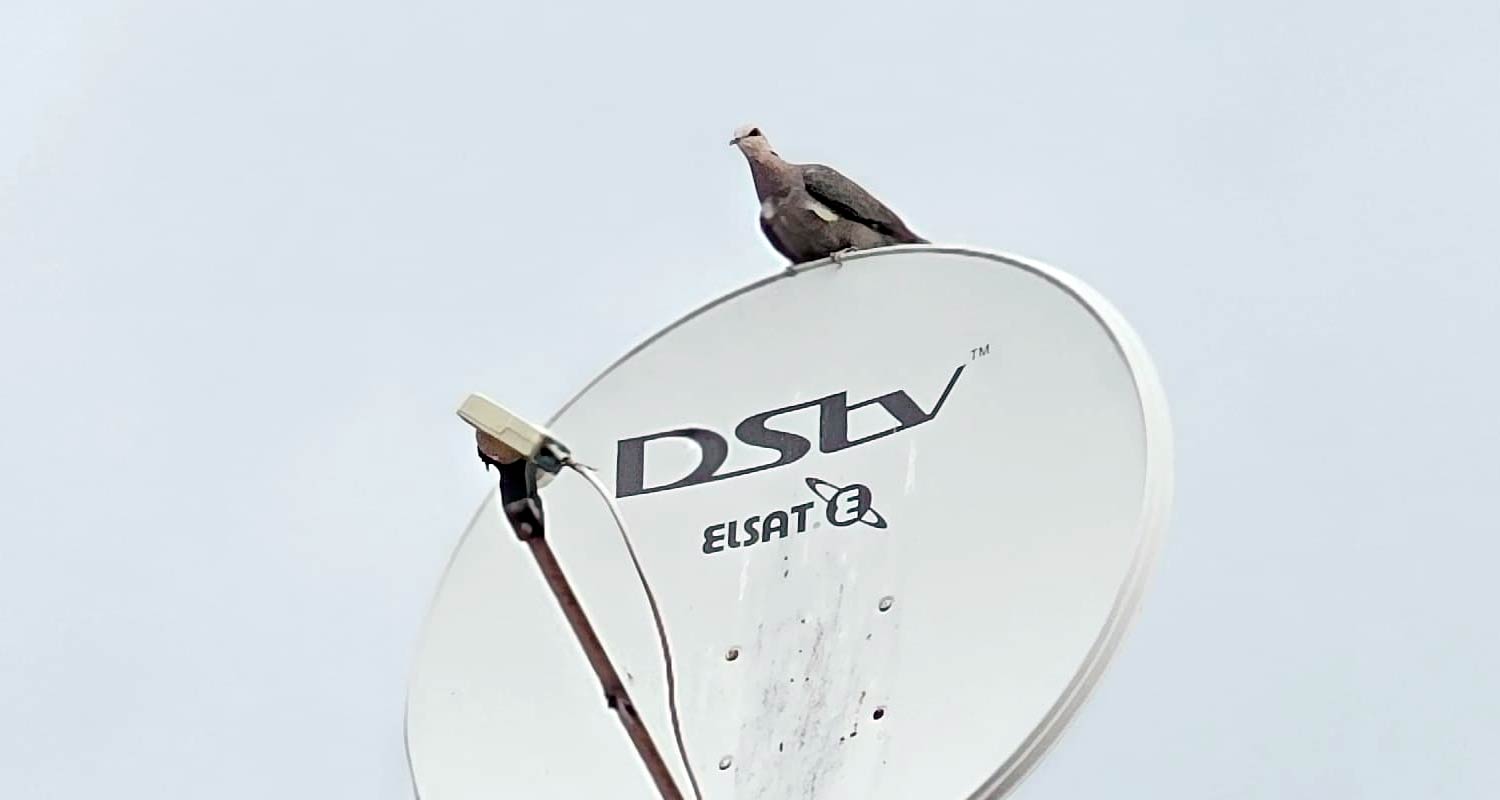MultiChoice Group is in trouble. The pay-television broadcaster on Wednesday reported a big loss for the year ended 31 March 2025 and reported a decline of 1.2 million linear broadcasting subscribers, or 8% year on year.
The group now has 14.5m active subscribers, with customer losses evenly split between South Africa and the rest of Africa. “Although reflecting an improvement on FY24 trends, this indicates ongoing broad-based pressure across the group’s entire customer base,” MultiChoice told investors in a statement.
The poor financial numbers come as the group works to conclude the sale of the business to Groupe Canal+, with the French broadcaster’s cash offer of R125/share serving to keep the MultiChoice share price aloft.
The company, which is under pressure from streaming rivals like Netflix as well as a particularly weak consumer spending environment in its operating markets, blamed “unprecedented headwinds” for the poor annual results.
“The past two financial years have been a period of significant financial disruption for economies, corporates and consumers across sub-Saharan Africa due to challenging macroeconomic factors,” it said.
“Combined with the impact of structural industry changes in video entertainment such as the rise of piracy, streaming services and social media, this has materially affected the overall performance of MultiChoice Group.”
In the past two years, MultiChoice has lost 2.8 million linear (broadcast) subscribers and absorbed a R10.2-billion negative impact to its top line due to depreciation of African currencies against the US dollar.
Stained in red ink
Though the group said its management team “acted decisively” to ensure it could withstand the headwinds, including increasing prices to keep pace with inflation, its full-year results are still stained in red ink.
Its cash position also deteriorated markedly, with the group incurring free cash outflows of about R500-million (R600-million inflow a year ago). The latest cashflow numbers were knocked lower by the decline in profits and higher lease repayments due to timing, and came despite a 29% year-on-year reduction in capital expenditure and improved working capital management.
Read: DStv eases concurrent streaming limit: how it compares
At year-end, the group held R5.1-billion in cash and cash equivalents and retained access to R3-billion in undrawn general borrowing facilities. Part of a R12-billion term loan was repaid early using R900-million of the proceeds from the sale of its insurance business to Sanlam.
The group also embarked on big cost-cutting measures “without unduly sacrificing the group’s customer value proposition”, delivering R3.7-billion in cost savings – almost double the cost-cutting savings achieved a year ago and well ahead of the budgeted R2.5-billion.
 “Despite these cost savings, the group’s organic trading profit declined by 9% year on year due to the increased operating costs in Showmax in its peak investment year,” it said. “Importantly, the group returned to a positive equity position through a combination of cost savings, a stabilisation in currencies and the accounting gain on the sale of 60% of the group’s shareholding in its insurance business to Sanlam.”
“Despite these cost savings, the group’s organic trading profit declined by 9% year on year due to the increased operating costs in Showmax in its peak investment year,” it said. “Importantly, the group returned to a positive equity position through a combination of cost savings, a stabilisation in currencies and the accounting gain on the sale of 60% of the group’s shareholding in its insurance business to Sanlam.”
There was one item of good news amid the gloom: the number of active Showmax subscribers climbed by 44% in the past year.
This was not nearly enough, however, to offset a 9% decline in group revenue to R50.8-billion, driven by an 11% decline in subscription revenues (-1% stripping out currency and other effects).
Trading profit declined by R3.8-billion, or 49%, to R4-billion. This number was “materially affected by the R2.3-billion organic increase in trading losses in Showmax and R5.2-billion in foreign currency revenue losses, partially offset by the significant outperformance in delivering total cost savings of R3.7-billion”.
Adjusted core headline earnings, the board’s revised measure of the underlying performance of the business, came to a loss of R800-million (FY24: profit of R1.3-billion) due to lower trading profit and hedging losses.
No dividend was declared. – © 2025 NewsCentral Media
Get breaking news from TechCentral on WhatsApp. Sign up here.
Don’t miss:
DStv price adjustments announced for 2025
Crédito: Link de origem

